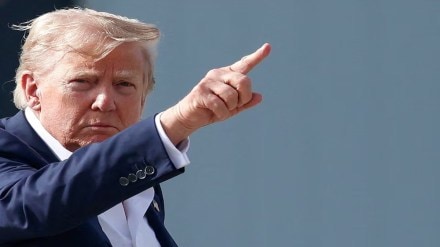H-1B visa program is set for a major overhaul. After imposing a $100,000 H-1B fee on all petitions filed by US companies seeking to hire foreign workers after September 21, there is more to come.
The Department of Homeland Security (DHS) has proposed to reform the H-1B program by revising eligibility for cap exemptions, providing greater scrutiny for employers that have violated program requirements, and increasing oversight over third-party placements, among other provisions.
Titled ‘Reforming the H-1B Nonimmigrant Visa Classification Program, these proposals are aimed at improving the integrity of the H-1B nonimmigrant program and better protecting U.S. workers’ wages and working conditions.
If finalized, the new H-1B rule will impose further immigration restrictions regarding employer usage of the visa and the qualifications required for applicants.
H-1B temporary visas are crucial for high-skilled foreign nationals seeking long-term work and permanent residence in the United States.
Currently, the annual cap is 65,000, with an additional 20,000 exemptions for those holding a master’s degree or higher from a U.S. university.
In addition, there are cap-exempt H-1B visas issued to foreign workers under specific situations.
The new DHS document proposes to revise the eligibility conditions and requirements for cap-exempted H-1B visas.
Some employers, referred to as “cap-exempt,” are exempt from the numeric limitations established by law. This category includes institutions of higher education, certain non-profit organizations connected to these institutions, non-profit research organizations, and government research organizations.
US Senator Tom Cotton has also introduced the Visa Cap Enforcement Act to restrict the ability of universities, research institutions, and non-profits to hire an unlimited number of foreign workers.
These organizations and institutions will be significantly affected due to their current non-exempt status and minimal restrictions.
The Trump administration has already proposed another significant change in the H-1B selection process. From lottery-based selection, the new proposed rule aims to establish a wage-based allocation process and choose H-1B workers based on their earnings; the higher the compensation paid by the US firm, the better the chances of obtaining an H-1B visa. As per DHS’s own estimates, this could see a 48% drop in the chances of low-wage, low-skilled workers obtaining an H-1B visa.
